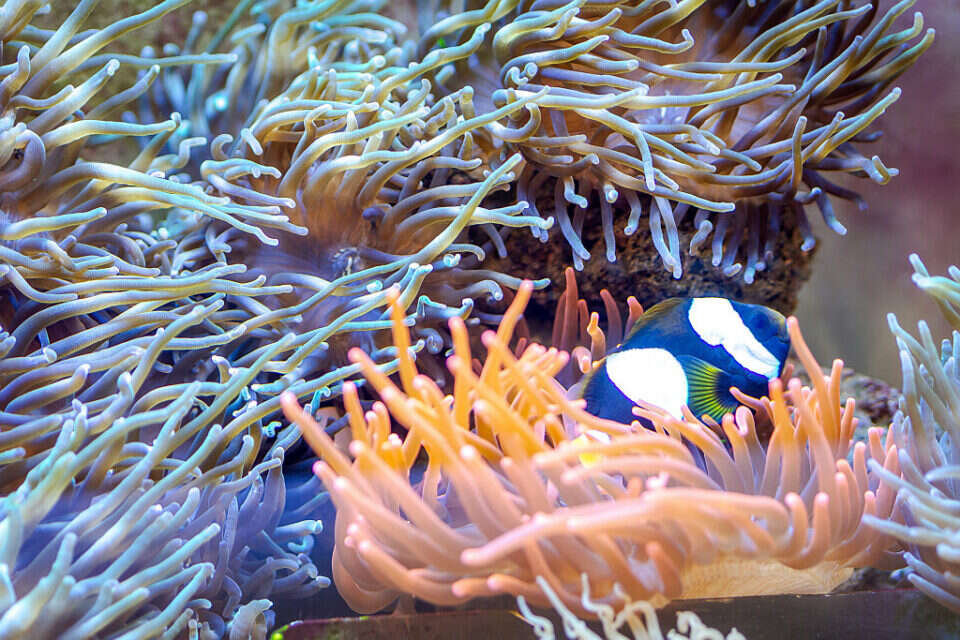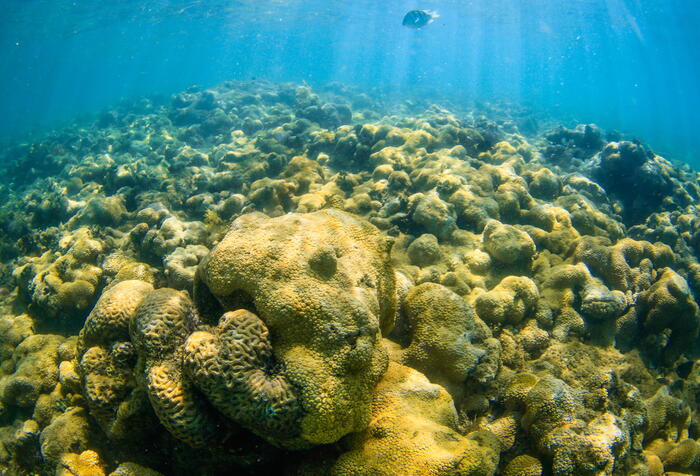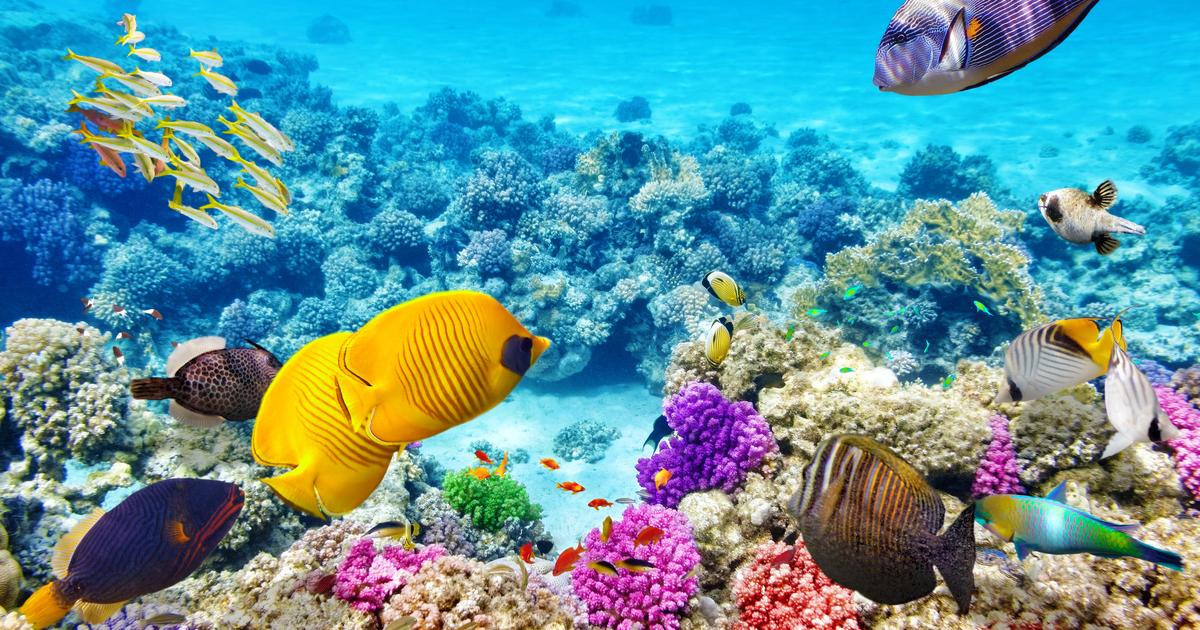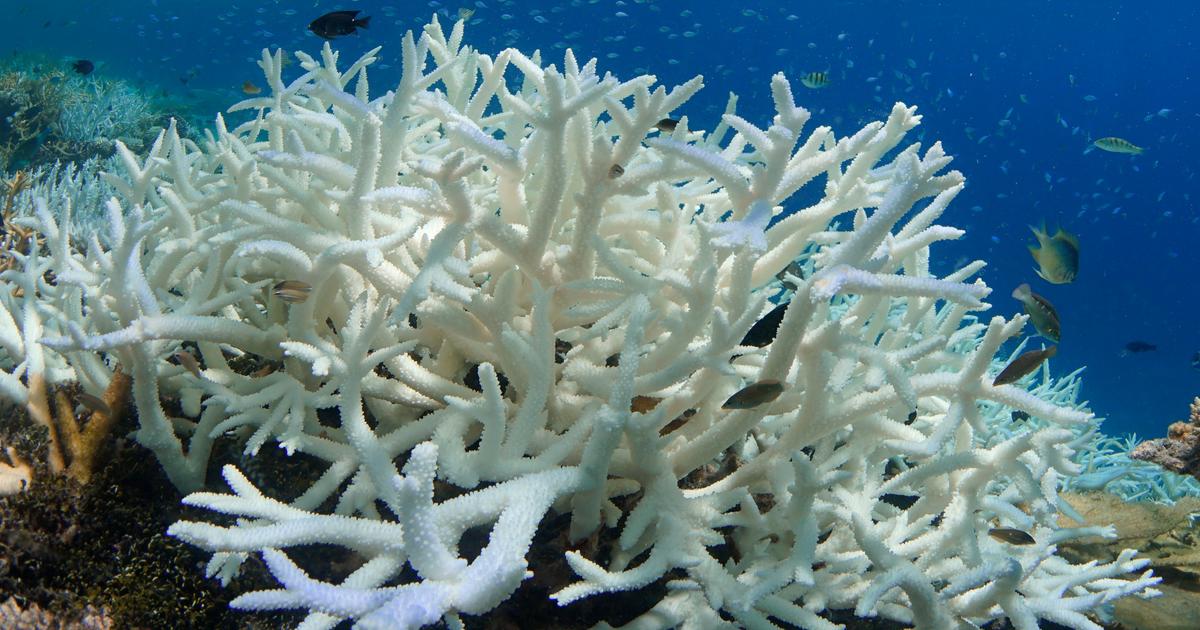It's hard not to be fascinated by the beauty of the coral.
Beautiful and spectacular animals that you can not remain indifferent to.
But beyond that - their role in the underwater ecosystem is extremely important and they constitute an important habitat for a variety of species.
In recent years, the coral population in various regions around the world is becoming extinct.
A new study finds that extreme rises in water temperatures, caused by the climate crisis, lead to a decrease in the coral population in the Mediterranean, when in some cases their amount has decreased by about 80-90%.
According to the study, conducted in collaboration with the Faculty of Biology, the Institute for Biodiversity Research, University of Barcelona, and the Institute of Barcelona Marine Sciences, coral populations in the Mediterranean are essential for the functioning of coral reefs.
The study examined the ability of corals to recover from rising water temperatures during certain periods.
According to the study, the rise in water temperature for days and even weeks, severely affects the coral population in the Mediterranean and leads to its mortality, with re-exposure to those heat waves only exacerbating the situation and making it difficult for them to recover.
Coral in the Mediterranean // From Wikipedia, the free encyclopedia
The climate crisis is severely affecting marine ecosystems around the world, and the Mediterranean is no exception. A rise in water temperature associated with the climate crisis is causing mass mortality in all the coastal ecosystems of this region, and among the most affected species are the Mediterranean corals. And the red coral (Coralium rubrum), which are essential habitats for the animal world and therefore it is important to understand their resilience to extreme temperature rises.
The researchers analyzed results obtained by long-term monitoring of various populations of corals affected by a large mass mortality caused by a heat wave in 2003 in the protected marine area of Scandola in France.
The results showed that even after 15 years, the corals in this area are far from recovering - they are not functioning, and it can be said that they have in fact become extinct.
"These figures are worrying, and they indicate that the climate crisis has clear implications for the underwater landscape. The loss of corals at sea equals the loss of trees in forests," notes researcher Joakim Garbau.
Coral reefs and fish in their vicinity, Photo: GettyImages
Christina Linars, a professor in the Department of Evolutionary Biology, Ecology and Environmental Sciences at the Faculty of Biology in Barcelona, explained: "We believe one of the main reasons we observed these collapse pathways is re-exposure to those extreme temperatures. The coral has made recovery impossible. "
While the climate crisis is only getting worse, this puts the coral population in grave danger in the coming decades.
The fear is that many of the corals in the Mediterranean will not survive the extreme rise in water temperatures and that they may become extinct.
Researchers stress that there are certain areas in the Mediterranean that may be less affected by global warming, yet more significant steps must be taken against the crisis to avoid as much damage to biodiversity as possible.
Were we wrong?
Fixed!
If you found an error in the article, we'll be happy for you to share it with us















